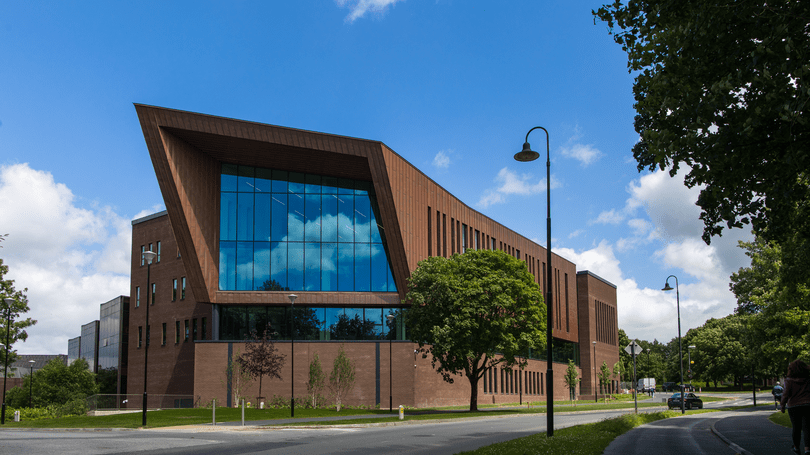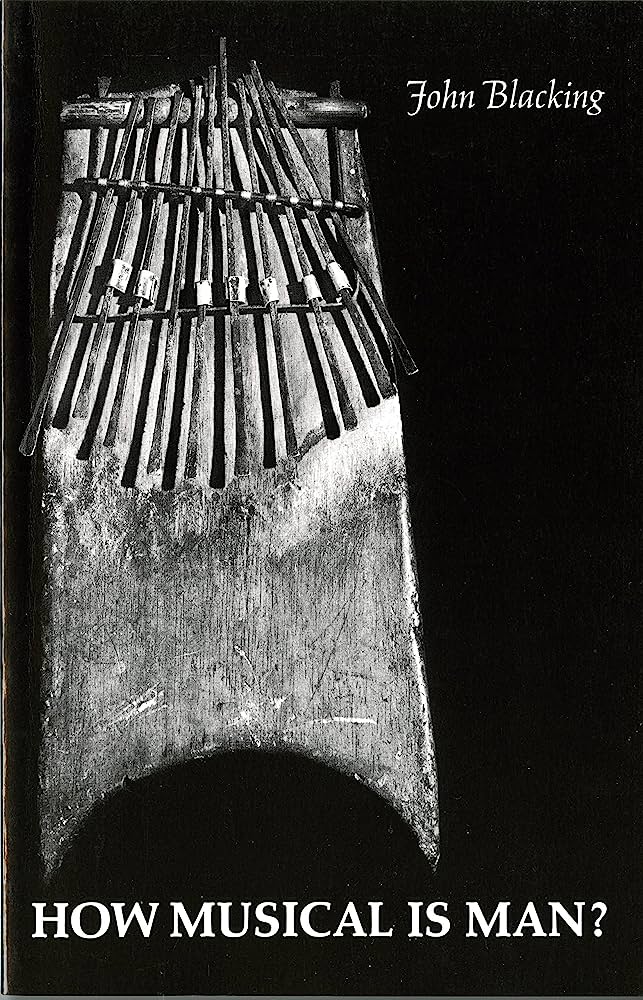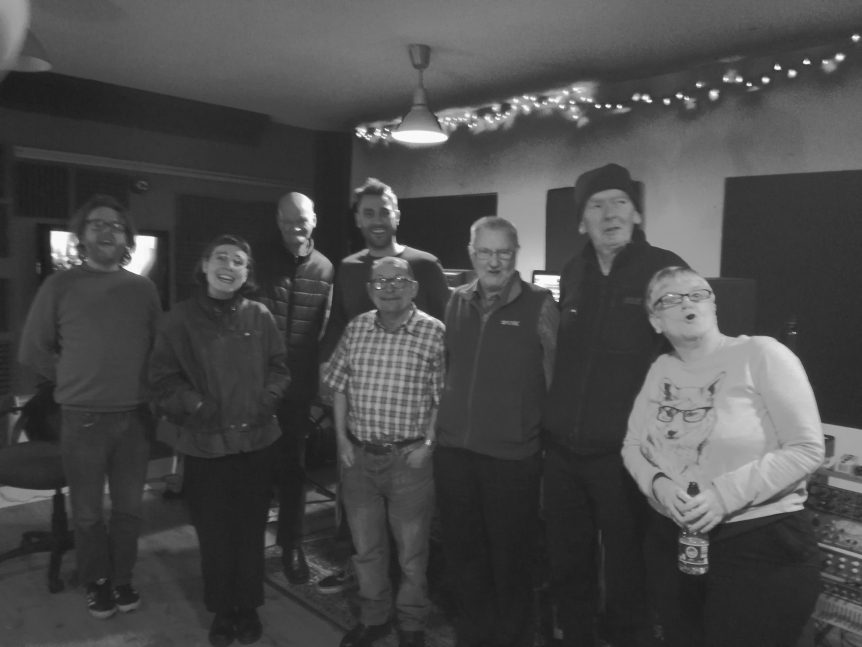How does it feel to have been a Community Musician for a decade?
If still feels exciting and new, ten years on, which I think is wonderful and I still feel that I have been able to implement a lot of the ideas and the plans I had put together when I was studying. Some things have been harder to implement. We made up a business plan as part of our course and it quickly became apparent that I would not be facilitating community music workshops all day, every day and charging a certain amount of money for them. That was a little naive. There really aren’t lots of jobs advertised which are explicitly looking for a community musician. However, I realised that I could adapt a community music approach to many different roles.
The last time I spoke to The Monthly, I was working in several different roles, and then I landed at the Black Box. I was there for 6 years and community music was central to my work as an outreach officer.
I have also established myself as a freelance facilitator both north and south of the border, so in the last ten years I have worked on many different projects where the main aim was community music. Whether that was producing a piece of music with a group or encouraging people to try an instrument for the first time. I still think that even just in conversations I have, I would use a community music approach.

Do you think the degree prepared you for those difficulties you mentioned?
I studied English Literature and Music at Bath Spa University. I had a strong interest in those subjects, but while I was studying at Bath Spa University, I took a module in Community Music. I then did my Masters in Community Music in Limerick.
There is an argument that you can become a community musician without studying, and so before I took that course I felt I was already a community musician, however, I think having that qualification helps me to present what I do with some authority. It also meant I had thought a lot about what I was trying to do before I started working.
If I was to do the course again I might approach a business plan a little differently. And as I said when I arrived back in Northern Ireland it was quite upsetting to watch how substantial the cuts to the arts were, how much the arts seemed in disarray, and how the arts in communities was being pared back.
However, through the last ten years I have managed to keep going and I would say that the course prepared me quite well to be able to work in many different community settings.
You have said that the teachers at Limerick were incredibly supportive. Did that make a difference?
The lecturers, Julie Tiernan and Jean Downey, were very supportive, and the theorist, John Blacking who wrote “How musical is man”, provided the theoretical grounding. I still quote John Blacking in meetings, ten years on.

You worked at the Black Box for some time, Could you describe your role there?
The project, Moon Base started off at Royal Avenue and then everything moved to the Black Box where I worked as the Outreach Officer. To begin with I set out to create a satellite space in Royal Avenue, that was funded by the Paul Hamlyn Foundation, and that happened in the first year.
After that year, we started to see the need for a particular approach right across the work of the venue, The Black Box, and the organisation as a whole. We needed to improve accessibility to the venue. We wanted to break down barriers to the arts and the venue for people who identify as disabled.
We set up a group called, Moon Music, with people who identify as disabled, and we worked to make people feel welcome in as many spaces as possible.
What were you trying to achieve with Moon Music?
We wanted to put Moon Music as far into the mainstream as we could. We had facilitators like Andrea Begley, who won The Voice, to address the group. She was able to talk about being visually impaired and how that impacted her career. We were going to apply to the Northern Irish Music Prize. We just hadn’t quite organised ourselves to allow that to happen.
I do miss working with Moon Music because we had the resources and the energy to meet every week and I felt that we really made some substantial progress I terms of giving people who identify as disabled opportunities to have their voices and ideas heard. We recorded the first album, Moon Waves, after the first year. We recorded music, remotely, during the pandemic, which required me to learn new skills in terms of how to do that. We recorded a second album just before I left called, The Conversation and the group performed at The Black Box, at the Eastside Arts Festival and at Féile An Phobail.
Was it possible to offer “Moon Music” to the music industry?
In order to mainstream something like Moon Music we needed additional resources, additional support. You need resources to purchase instruments. You need resources to ensure accessibility. You need resources for rehearsals, and that requires accessible spaces, resources for recording and again it needs to be accessible.
There are many things which have to be thought through but I do think that the project certainly moved everything in the right direction, and it is still going strong.

